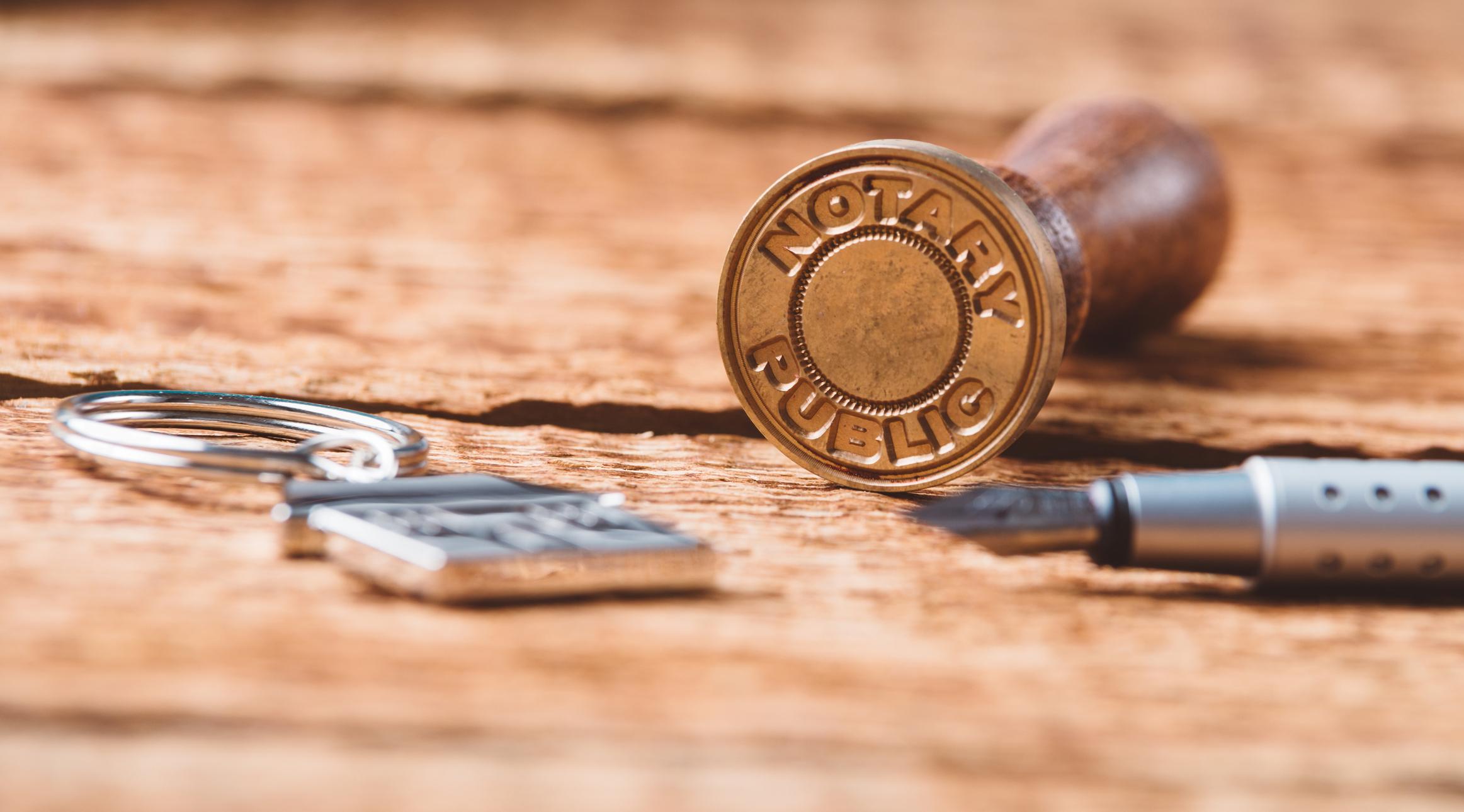Navigating DIRCO Demands: Conformity and Diplomatic Relations
Navigating DIRCO Demands: Conformity and Diplomatic Relations
Blog Article
Demystifying Notarial Job: Streamlining the Role and Relevance of Notaries
In the elaborate web of lawful documents and verification, notaries stand as pillars of assurance and authenticity. Their function, typically shrouded in enigma for several, lugs significant weight in guaranteeing the credibility and integrity of important files. As guardians of legitimacy and fact, notaries play a pivotal part in our culture, yet their work is not always totally understood. By unwinding the complexities shedding and surrounding notarial methods light on the significance of their acts, a more clear understanding arises of the essential function notaries play in upholding the fabric of lawful and legal arrangements.
The Background of Notarial Work
The background of notarial work days back to ancient civilizations, where scribes played a critical function in tape-recording important info and verifying papers. This led to the development of notaries, individuals appointed by the state to act as neutral witnesses in lawful matters.
Throughout the Center Ages, notaries gained importance in Europe, with their functions increasing to consist of preparing lawful papers, accrediting signatures, and preserving records. The surge of global trade even more emphasized the relevance of notarial operate in validating contracts and contracts across borders.
In the modern age, notaries continue to play a crucial duty in legal and service deals by confirming identities, confirming the authenticity of papers, and protecting against scams. Their role in certifying the legitimacy of arrangements includes a layer of protection and depend the ever-evolving landscape of business and regulation.

Tasks and Obligations of Notaries
The historical advancement of notarial job from old human beings to the contemporary era has formed the distinctive tasks and obligations that notaries support in legal and organization deals today. Notaries play an essential function in validating the authenticity of records and the identity of signatories. One of their primary responsibilities is to witness the finalizing of essential files, such as wills, actions, and contracts, to guarantee that all events are becoming part of contracts knowingly and voluntarily. Notaries likewise validate that signatures are of sound mind and not under pressure or coercion.
Moreover, notaries are entrusted with carrying out vows and affirmations, which are essential in lawful process and the execution of affidavits. They accredit duplicates of initial papers, offering assurance to institutions that the duplicates are real reproductions of the originals. Notaries must keep accurate records of all purchases they look after to make sure openness and liability. Generally, the duties and obligations of notaries are vital in safeguarding the integrity and validity of numerous files and purchases.
Notarial Certificates and Signatures
Exemplifying meticulous attention to information, notarial certifications and trademarks act as vital elements in validating the authenticity of legal papers. Notarial certifications typically consist of important details such as the date of registration, the names of the notaries, a description of the record, and the notary's official seal. These certifications supply a check these guys out clear document of the notarial act, ensuring that the file can be conveniently determined and traced back to the notary who supervised the process.
Signatures play an essential function in notarial work, as they symbolize the contract and approval of the celebrations involved. Notaries carefully witness the finalizing of documents to validate the identification of the notaries and confirm that they are authorizing of their very own free will. By affixing their main seal and trademark to the document, notaries accredit that the essential procedures have been followed and that the paper is legitimate and enforceable.
Fundamentally, notarial certifications and trademarks are the characteristic of authenticity in lawful deals, giving guarantee to all celebrations involved that the papers are reputable and binding.
Relevance of Notarial Acts

Notarization Process Discussed
Clarifying the notarization process offers quality on the crucial steps associated with validating lawful documents. The notarization process typically starts with the private offering the record to a notary public. The notary then confirms the signer's identification via acceptable recognition techniques. When the identity is validated, the notary guarantees that the specific signing the file does so voluntarily and without any kind of browbeating.

Verdict

Notarial certifications usually include important details such as the day of registration, the names of the notaries, a description of the file, and the notary's official seal. These certifications supply a clear document of the notarial act, ensuring that the record can be easily determined and mapped back to the notary who oversaw the procedure.
By attaching their main seal and signature to the document, notaries certify that the needed procedures have been followed and that the record is legitimate and enforceable.
By validating the identity of the notaries, confirming their willingness to get in into the arrangement, and licensing the date and location of the finalizing, notaries play an important role in promoting the validity of legal files.After the paper is authorized, the notary will affix their main seal or stamp onto the paper.
Report this page